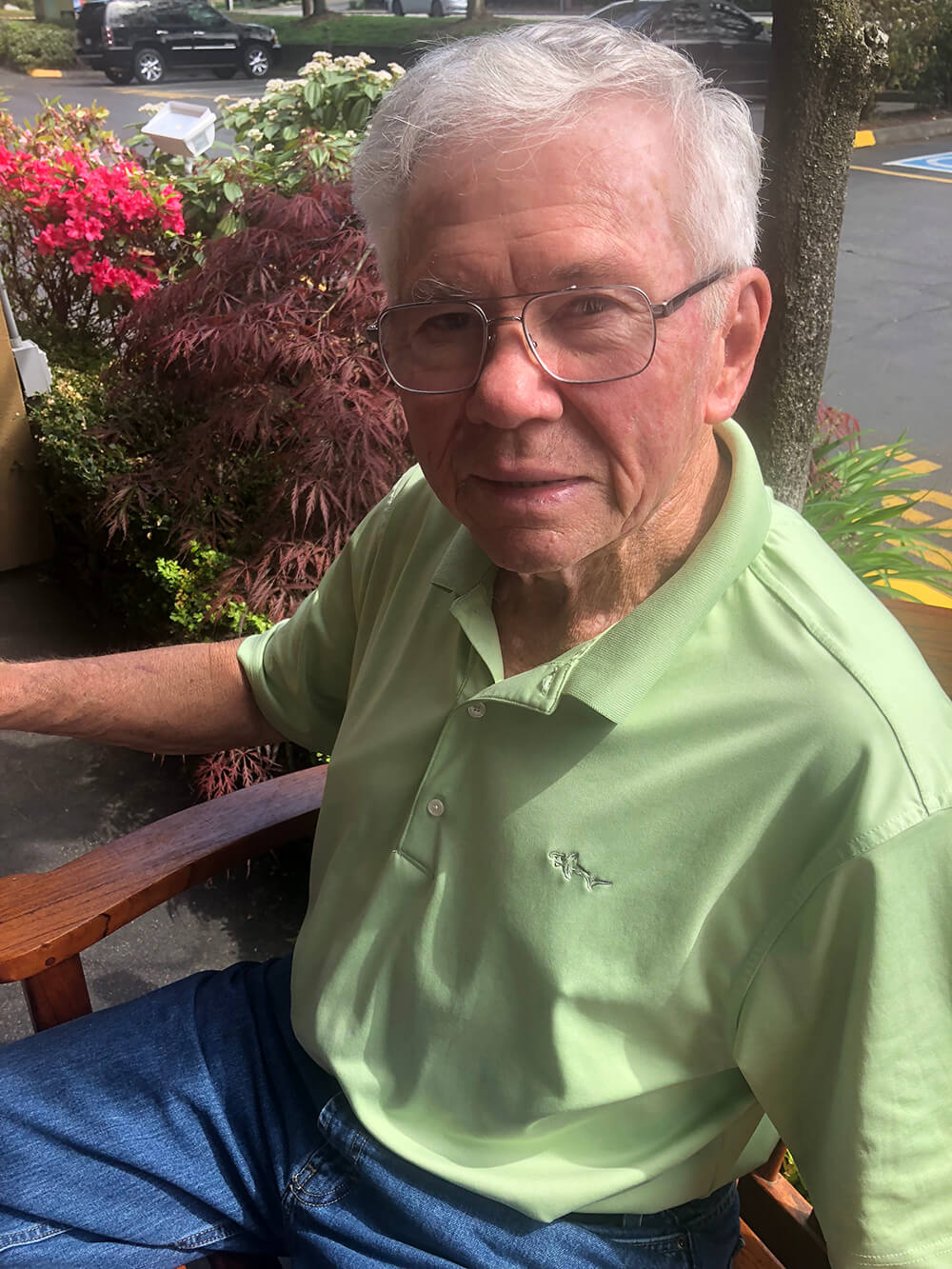
Lonnie and Muhammad Ali Legacy Care Program Offers Palliative Care for Parkinson’s
The couple spends the winters in Surprise, Ariz., a Phoenix suburb. A neighbor there told Betty she should call the Muhammad Ali Parkinson Center in Phoenix to find out if the doctors there could help her 81-year-old husband cope with Parkinson’s, a chronic and progressive movement disorder that has no known cause or cure.
“I called and told them, ‘I’m desperate. I have to have help with him. I can’t handle it,’ ” Betty says. “They called back and said they had an opening and that we could be part of a new program. From then on, I just can’t rave about it enough.”
The new program is called The Lonnie and Muhammad Ali Legacy Care Program, which was created to provide multidisciplinary, comprehensive care to people living with advancing Parkinson’s disease and support for their care partners. It is supported by the Bob & Renee Parsons Foundation.
As part of the program, the McKinneys met in one day with a coordinator; a dietitian; experts in physical therapy, speech therapy, occupational therapy, and recreational therapy; a social worker; and neurologist Srivadee Oravivattanakul, MD. By the time their first appointment was over, the couple had a new strategy for battling Parkinson’s, which afflicts more than 1 million Americans.
“I learned more in those three hours than I had in five years dealing with Parkinson’s,” Betty adds. “I just can’t say enough great things about them because they’ve just helped so much.”
The McKinneys have since returned to their permanent home in Birch Bay, Wash., near the U.S.-Canada border. But they plan to come back to the Valley in the fall so Larry can participate in the Center’s many programs.
Dr. Oravivattanakul says the Center’s treatments, innovative surgeries, and support system attract Parkinson’s patients from all over the world. Established in 1997 by Muhammad Ali, Phoenix philanthropist Jimmy Walker, and renowned neurologist Abraham Lieberman, MD, the Muhammad Ali Parkinson Center has grown into one of the most comprehensive Parkinson’s disease centers in the world. It is located at Barrow Neurological Institute, which is part of Dignity Health St. Joseph’s Hospital and Medical Center in central Phoenix.
“Parkinson’s is incurable, but that’s no reason to give up hope,” says Dr. Oravivattanakul. “Many patients live active and productive lives after being diagnosed. It’s essential that we also educate caregivers like Betty McKinney, because battling Parkinson’s is a team effort.”
Larry, a retired air traffic controller who has climbed Mt. Rainier, says he is looking forward to returning to Arizona next fall so he can continue with group sessions through the Center’s robust outreach program, including a “Big and Loud” class that has helped him regain his voice. Until then, he is using the lessons he learned at the Center to fight Parkinson’s.
“When you’re in a group, you get more positive feedback from the people you’re working with, and you can watch the instructor to make sure you’re doing it right,” he says. “It’s like a New Year’s resolution – you need support to stick with it.”
